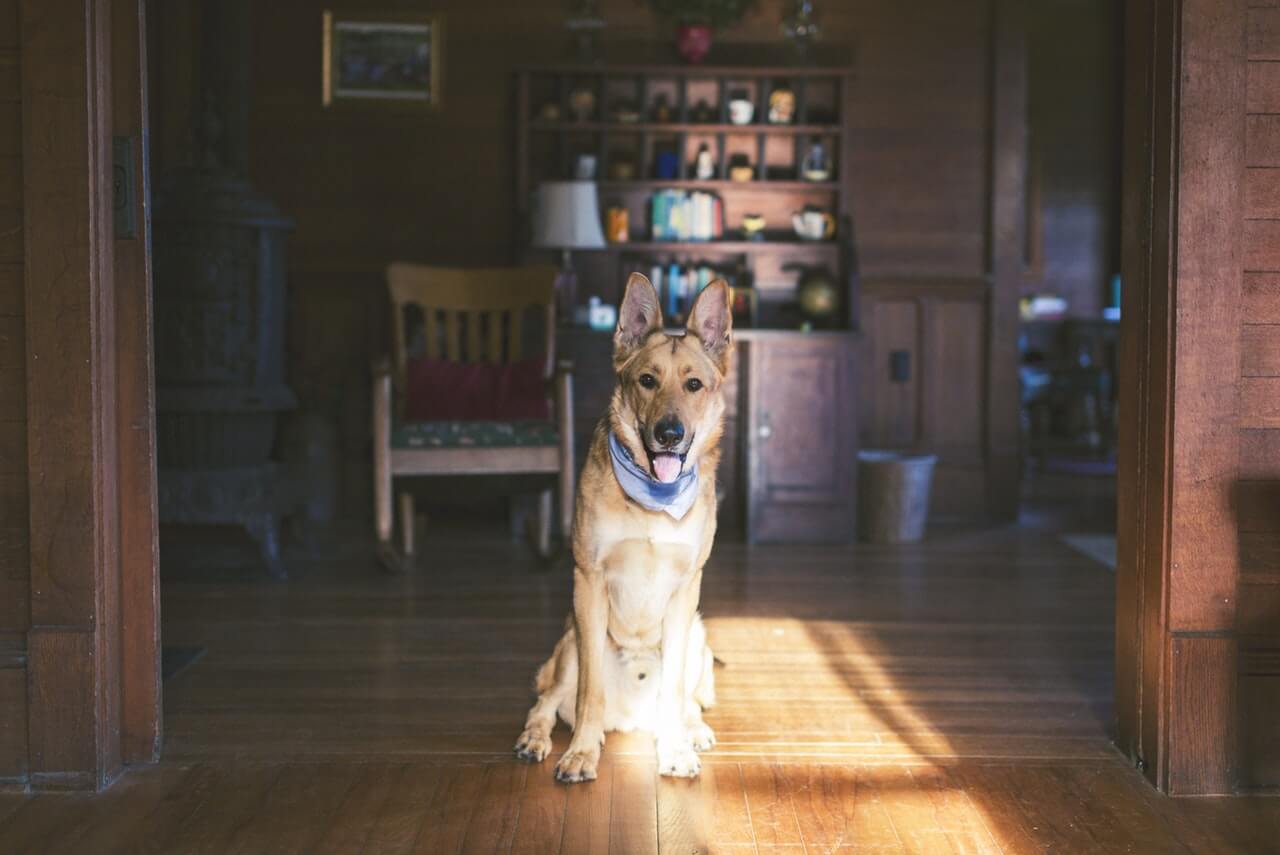
Did you know that 68% of the population own a pet? Allowing pets in your property will open your pool of prospective tenants and increase your income. However, pets can cause damage and lead to greater stress for you and nearby neighbors. So, it is important that you know the pros and cons of renting to a pet-owner in order to make a final informed decision.
In this article, State Property Management will guide you through the advantages and disadvantages of renting to pet-owners. We will also offer you tips on how to prevent some of the disadvantages from occurring in your property.
Advantages of Accepting Pets in your Property
Renting your property to a pet-owner has many advantages. Here are a few:
- There's a greater pool of prospective tenants
If you choose to accept pet-owners, your pool of prospective tenants will increase. This means that there will be a greater probability that your vacant unit fills sooner. 68% of the population owns a pet. So, if you don't allow pet-owners to occupy your property, you are limiting yourself to only 32% of the population.

- There's a potential for making more money
There are multiple ways to earn more money by renting to pet-owners.
- Charge higher rent: Since many property owners don't allow pets in their units, you can charge a higher rent.
- Charge a pet-rent: This additional charge can be as high as 30% of the property rent.
- Charge a pet-deposit: This deposit will cover any damages that the animal causes to the property.
- Pet owners are often more responsible
Caring for a pet is not always easy. Pet-owners need to be responsible, detail-oriented and timely with obligations. Often, if a pet-owner can care for their pet, they can also care for your property. They will likely regularly maintain the property, pay their rent on time and cooperate with you.
- Pet owners tend to rent long-term
Pet owners are likely to remain in a property long-term for a couple of reasons.
- Most animals don't react well to changing environments. It creates a lot of stress for them. For this reason, pet-owners prefer to stay in one location for a long time.
- Very few properties are pet-friendly. So, once a tenant finds a unit that can accommodate their furry friend, they tend to stay.
- Pet owners tend to be happier
It is well-known that pets can positively impact a person's state of mind and overall wellbeing. People who live with pets are often less stressed and happier. As a result, these tenants tend to have an overall better relationship with their property owners and their neighbors.

Disadvantages of Accepting Pets in your Property
Although the advantages seem great, we must also discuss the disadvantages of allowing pets in your property.
Here are some of the difficulties you can expect if you choose to rent to tenants with pets, as well as some solutions.
- Many pets can cause property damage
When dealing with pets, it's inevitable that they will cause damage. Pets can leave claw marks on furnishings or on the floor, chew on carpets, furniture or wires, or dig up the yard. Unless they are permanently confined, you must expect this sort of damage to occur.
In order to protect yourself, you should consider collecting a pet-deposit. This is separate, and in addition to the regular security deposit. A pet-deposit will ensure that you have money to cover any of the damages caused by pets in your property.
- Animal noises can be loud and disruptive
Pets can make loud noises such as squawking, squealing or barking. Not to mention, just by running around the property, they make loud sounds. This can be disruptive to nearby tenants and neighbors.
There is nothing you can do to stop a pet from making noise. However, speaking to the pet-owners' previous landlord is a good way to determine if the pet has been loud or disruptive in the past.

- Possibility for flea infestation
Pets can get fleas, and a property infested with fleas is not ideal.
To avoid this, you should verify the pet's treatment records. To do so, you must contact a qualified veterinarian. Also, ensure that the lease agreement specifies the tenant's responsibility if an infestation were to occur.
- Pets can cause allergic reactions
Even if the pet is confined in a unit, airborne pet particle can still travel through air ducts into other units. If there's a tenant who is allergic to pets in the building, this could be problematic. Also, even after the pet-owner moves-out, these particles can still linger around the property causing problems for future tenants.
To evade this situation, you should hire a professional cleaning service to clean the property and the air ducts once a month. You can charge the tenant for this service, but ensure that it is clearly stated in the lease.
Bottom Line
It is clear that you have a lot to gain by accepting tenants with pets into your property. For instance, you can have a higher and more stable rental income, more prospective tenants, and the potential for higher-quality ones. However, those benefits can only be realized if you do your part too. Speaking to previous landlords for reference, contacting veterinarians, and collecting a pet-deposit are some of the ways you can limit the disadvantages.
It is also extremely important to ensure you have a complete and clear lease agreement. The lease agreement's clauses will protect you from any issues that may arise.